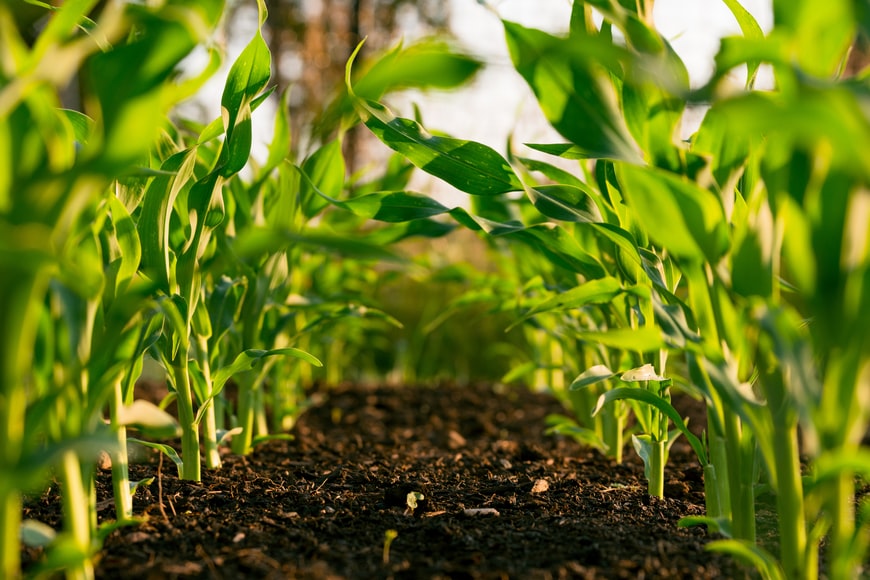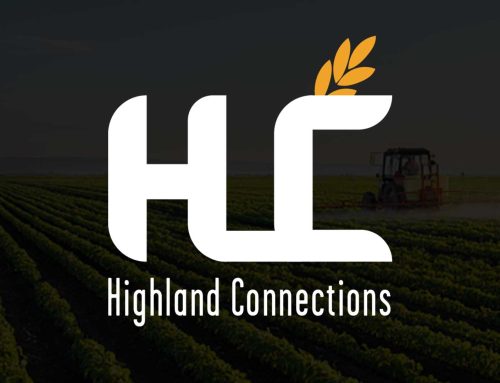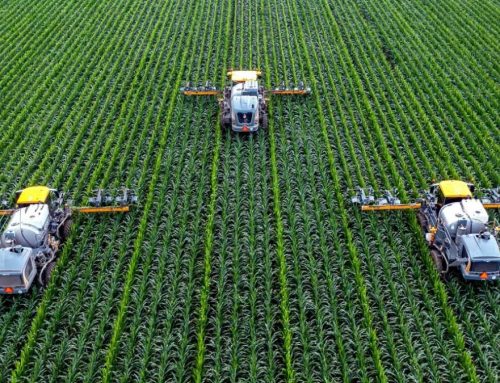Organic farming has gained a lot of popularity in recent years as people become more conscious of their health and the environment. It is a farming practice that avoids the use of synthetic pesticides, herbicides, and fertilizers. Instead, it uses natural methods such as crop rotation, composting, and biological pest control. In this blog post, we will discuss the benefits of organic farming and its impact on the environment.
The Benefits of Organic Farming
Nutritious food
Organic farming produces food that is free from harmful chemicals, making it more nutritious and healthier. Organic fruits and vegetables are richer in vitamins, minerals, and antioxidants, making them better for our health.
Health benefits
Organic farming practices reduce the exposure of farmers and consumers to toxic chemicals. It also reduces the risk of chronic diseases such as cancer, heart disease, and diabetes.
Better soil quality
Organic farming uses natural fertilizers such as compost and manure, which enrich the soil, making it healthier and more productive. Healthy soil also helps to retain water and prevent soil erosion.
Reduced pollution
Organic farming practices reduce the use of synthetic fertilizers and pesticides, which can pollute the environment. This reduces the risk of contamination of water sources and other ecosystems.
Biodiversity conservation
Organic farming encourages the conservation of biodiversity by promoting the use of natural pest control methods and crop rotation. This helps to maintain a healthy ecosystem, which is important for the survival of many plant and animal species.
Energy conservation
Organic farming requires less energy than conventional farming practices, reducing the carbon footprint of agriculture. This is because it does not require the use of fossil fuel-based fertilizers and pesticides.
Impact of Organic Farming on the Environment
Preservation of soil fertility
Organic farming practices preserve the fertility of the soil by promoting natural processes. This helps to maintain soil structure, retain water, and prevent soil erosion.
Reduction of greenhouse gas emissions
Organic farming practices reduce greenhouse gas emissions by promoting the use of natural fertilizers and reducing the use of fossil fuel-based inputs. This helps to mitigate climate change.
Reduction of water pollution
Organic farming practices reduce water pollution by avoiding the use of synthetic pesticides and fertilizers, which can contaminate water sources.
Prevention of soil erosion
Organic farming practices help to prevent soil erosion by promoting healthy soil structure and reducing the use of heavy machinery.
Conservation of wildlife
Organic farming practices promote the conservation of wildlife by providing a healthy ecosystem that supports biodiversity.
Reduced use of chemical pesticides
Organic farming practices reduce the use of chemical pesticides, which can harm wildlife and pollute the environment.
The Role of Organic Farming in Sustainable Agriculture
Importance of sustainable agriculture
Sustainable agriculture is an agricultural practice that promotes the long-term health of the soil, the environment, and society. It is important because it helps to ensure food security and maintain the health of ecosystems.
Organic farming as a sustainable agricultural practice
Organic farming is a sustainable agricultural practice because it promotes the use of natural inputs, which help to maintain soil fertility, reduce pollution, and promote biodiversity.
Integration of organic farming with other sustainable practices
Organic farming can be integrated with other sustainable practices such as agroforestry, conservation tillage, and integrated pest management. This can help to improve soil health, reduce greenhouse gas emissions, and promote biodiversity.
Challenges Facing Organic Farming
High cost of organic farming
Organic farming can be expensive because it requires more labor and natural inputs than conventional farming practices. This can make it difficult for small-scale farmers to adopt.
Limited availability of organic products
The limited availability of organic products can make it difficult for
consumers to access them, especially in some regions where organic farming is not widely practiced.
Lack of awareness among consumers
Many consumers are not aware of the benefits of organic farming, which can make it difficult for farmers to sell their products. There is a need for more education and awareness about organic farming and its benefits.
Limited research and development
There is a need for more research and development to improve organic farming practices and make them more efficient and cost-effective.
Conclusion
Organic farming has many benefits, both for human health and the environment. It promotes healthy soil, reduces pollution, and conserves biodiversity. Organic farming is also an important practice in sustainable agriculture, which helps to ensure the long-term health of the soil and the environment. However, there are still challenges facing organic farming, including high costs, limited availability of products, lack of awareness, and limited research and development. We can support organic farming by buying organic products, promoting awareness, and supporting research and development. By doing so, we can help to create a healthier and more sustainable future for ourselves and for the planet.






